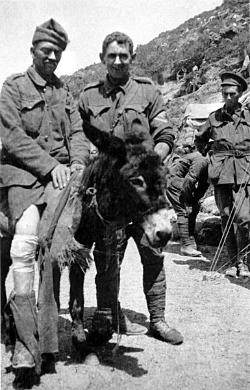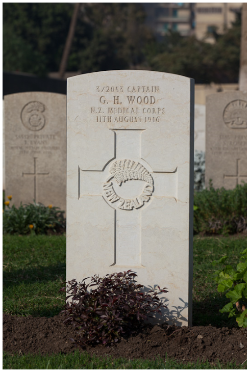Geordie Soldiers in Dominion Armies, 1914-18
In mobilising ‘citizen historians’, this project will work with community partners such as the Northumbria First World War Commemoration project (NWW1), a path-breaking, multiple Heritage Lottery Fund-supported group, which has pioneered the use of grassroots-led research methods, combining these with cutting-edge IT, to produce community-led research on the men from the former borough of Tynemouth who fell during the conflict. ‘Citizen history’ is a relatively new concept in which professional historians work alongside volunteers from a range of backgrounds, often online, to collect and analyse data in relation to particular topics. For a well-known example of ‘citizen history’, click here.
In the case of this project, we’ll be looking to recruit volunteers to research the lives and wartime service of ‘Geordies’ in the armies of Australia, New Zealand, and Canada during World War One. By ‘crowdsourcing’ research in this collaborative way, the project will collect information that will help us to understand why ‘Geordies’ emigrated and how these journey relate to their wartime movements and even post-war locations of settlement.
The project will consider not only the complexities of individual ‘migration histories’ but also the way that individuals and communities saw their identities (as ‘Geordies’ and Britons, but also Australians, Canadians, or New Zealanders); how they understood ‘Geordie’ migration more generally, and how people came to see the empire in new ways through this migration. By using the term ‘Geordie’, we’re aware that the name is often used to describe the people of Newcastle, but it has been used by scholars to describe the people of the wider north east region as well. In seeking to find volunteers across the world who will help the project research the lives of these soldiers, we’re using the term because it’s internationally recognisable.

John Simpson Kirkpatrick (centre) at the Battle of Gallipoli.
https://en.wikipedia.org/wiki/John_Simpson_Kirkpatrick#/media/File:Simpson_and_the_donkey.jpg
John (Jack) Simpson Kirkpatrick’s posthumous mythologisation as the ‘true ANZAC’ reflected his exploits at Gallipoli ferrying wounded comrades to safety on a donkey (as shown here). That he was originally from South Shields is well known, but that he was one of a considerable number of personnel from the North East of Englandwho served in Dominion forces during the First World War is a less familiar aspect of the conflict. Sergeant Tom Hunter of the 10th Australian Corps of Kurri Kurri, NSW, came originally, for example, from Newcastle, Robert Albrough of the 37th Battalion (Northern Ontario), Canadian Expeditionary Force (CEF), hailed from Jarrow, Co. Durham, while George Huntly Wood – who died in Cairo while serving with the New Zealand Medical Corps – was originally from North Shields. It is the migration stories of these sorts of men that will be at the heart of this exciting project.
The service of men (and women) like Simpson and others in the forces of Australia, Canada, and New Zealand is part of a much larger story of ‘Geordie’ migration that started long before 1914, since they were members of what experts now call the ‘English Diaspora’. Often seen as ‘invisible migrants’, English emigrants were part of a significant outflow of people that has only lately come to be appreciated. Travelling often to locations across the British Empire, in 1914 many of these so-called ‘new chums’ promptly joined up and were soon heading back to the northern hemisphere to fight. This is evident from the fact that about 70% of the early Canadian Expeditionary Force, 26% of the first contingent of the New Zealand Expeditionary Force, and 27% of Australia’s first contingent (AIF) were UK born, many of them from England.
In the case of Simpson, while he has become the embodiment of Australian ‘mateship’ and ‘larikinism’, he is also remembered at home as a native son of Shields. By better understanding the complex identities of these men and women, as well as the circumstances that led them to journey so far from home, this project hopes to better understand an aspect of the First World War that has almost completely been forgotten.

Headstone of Captain George Huntly Wood, New Zealand Medical Corps, born in North Shields.
http://www.nzwargraves.org.nz/casualties/george-huntly-wood
